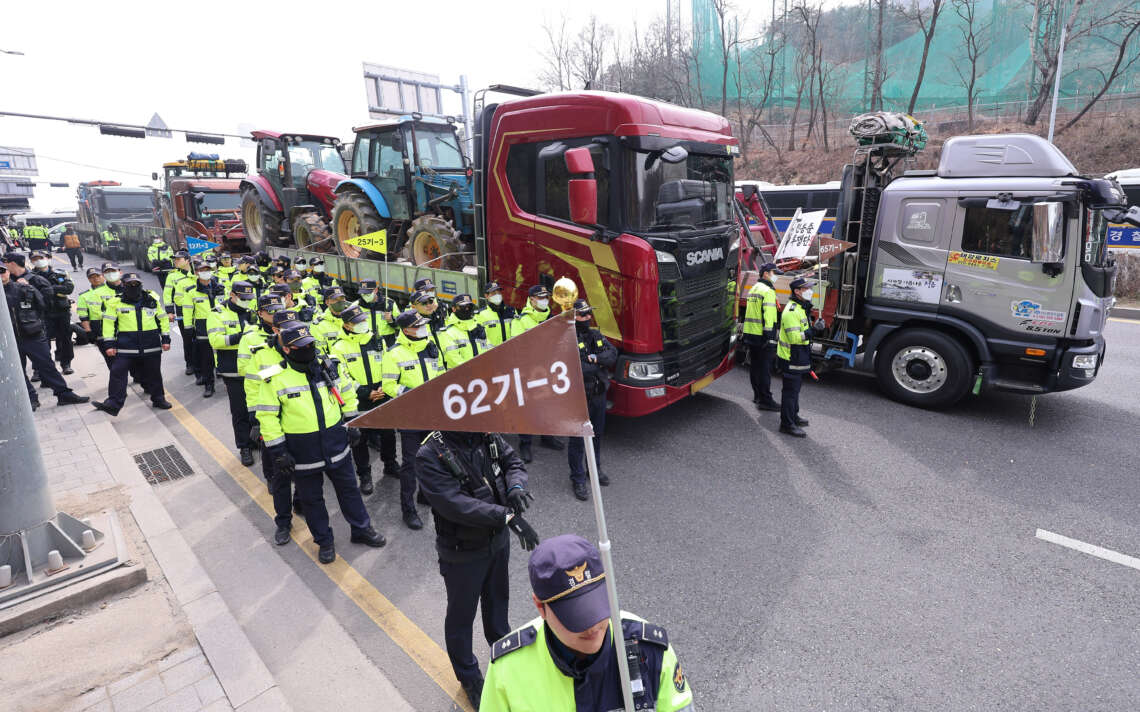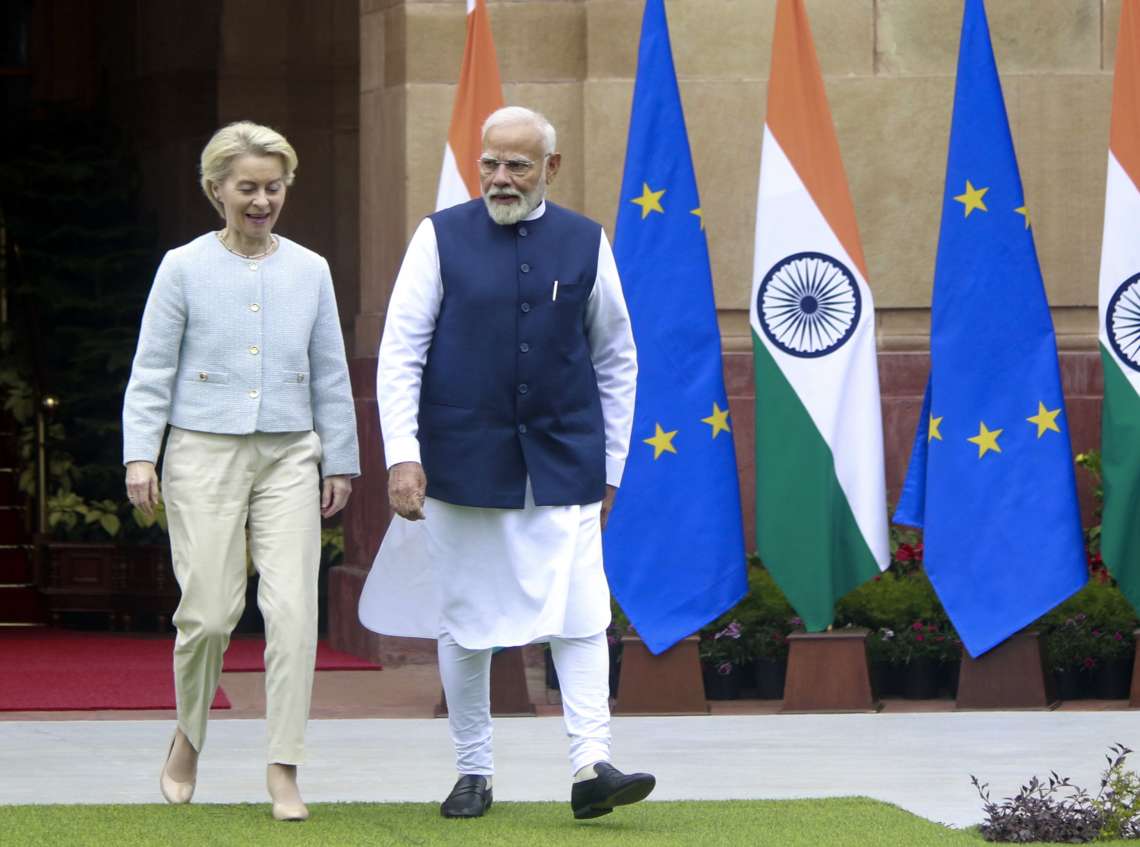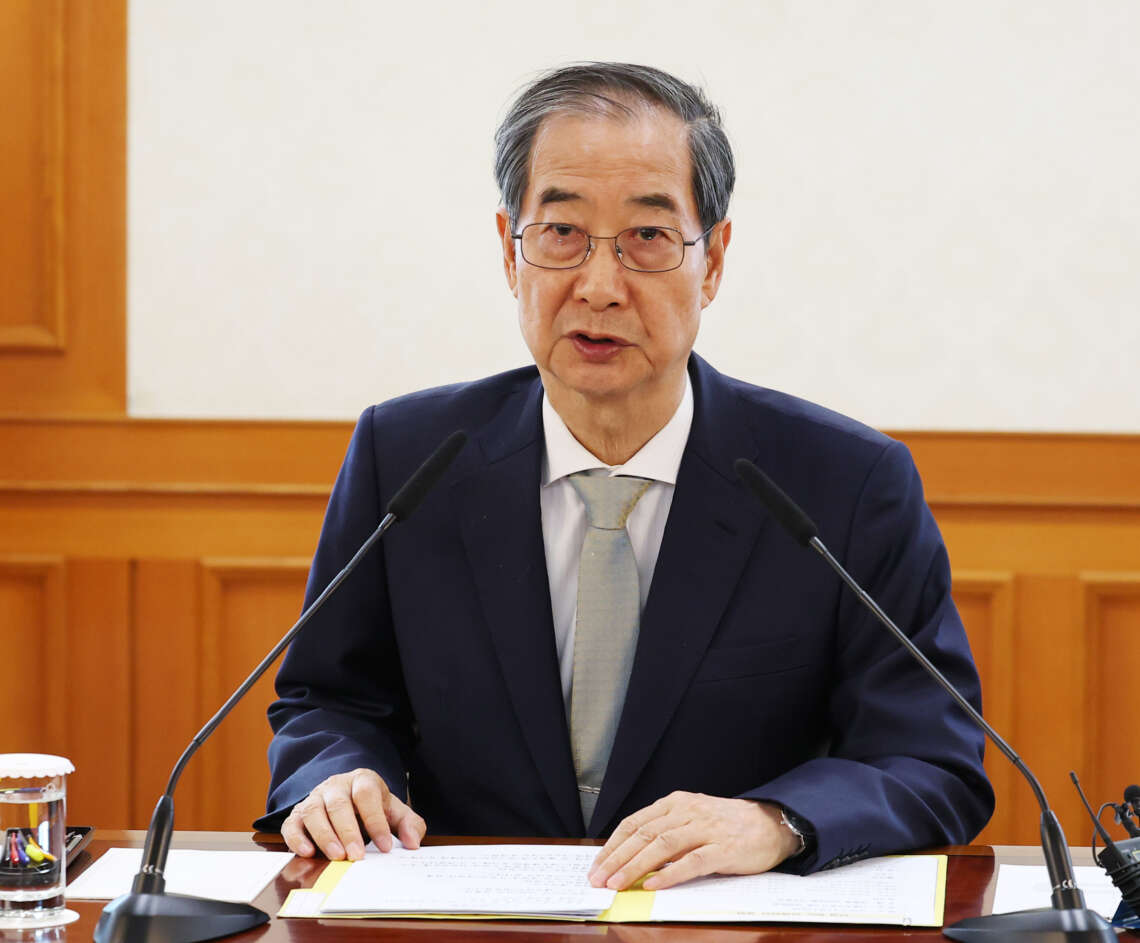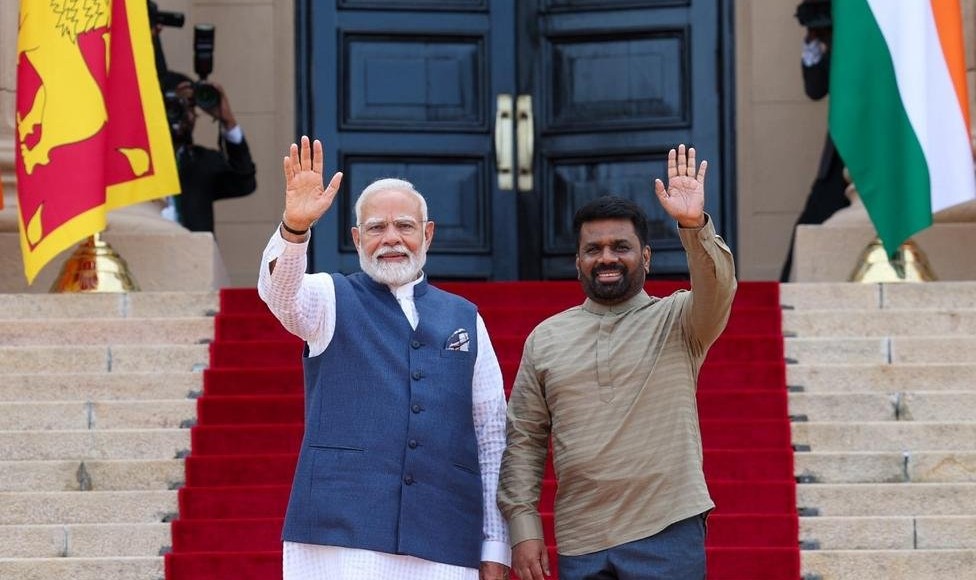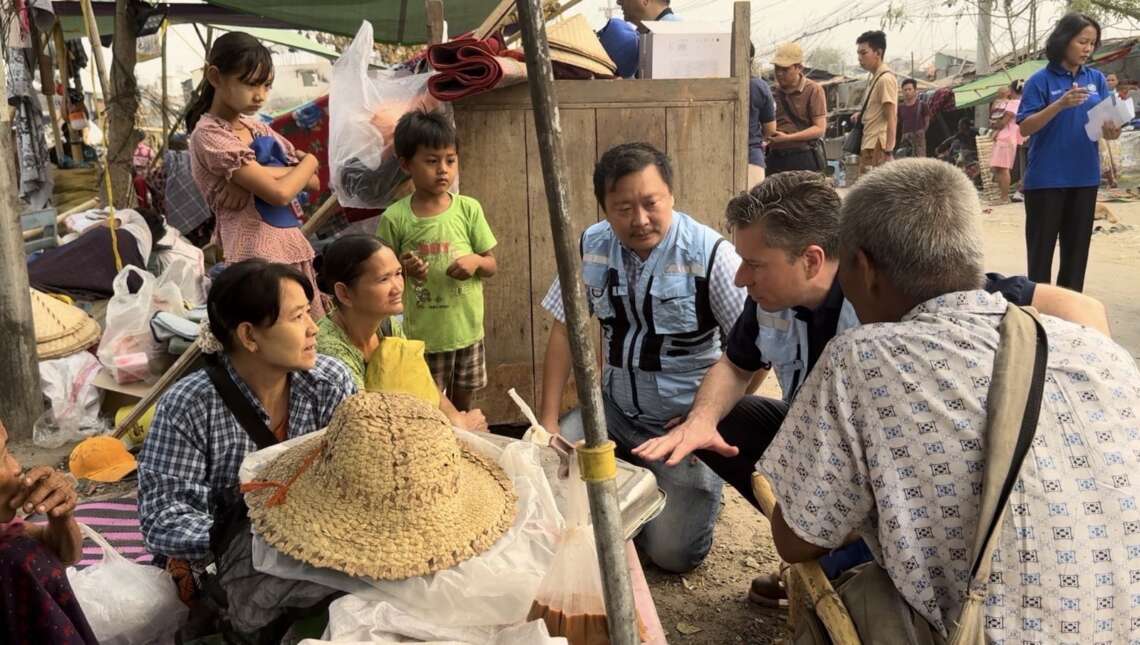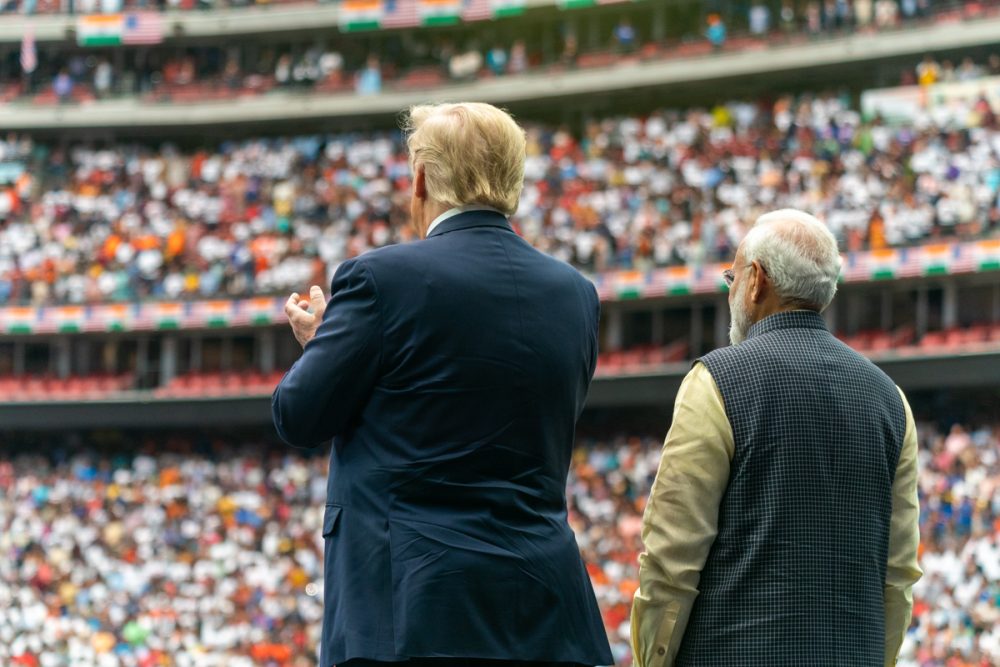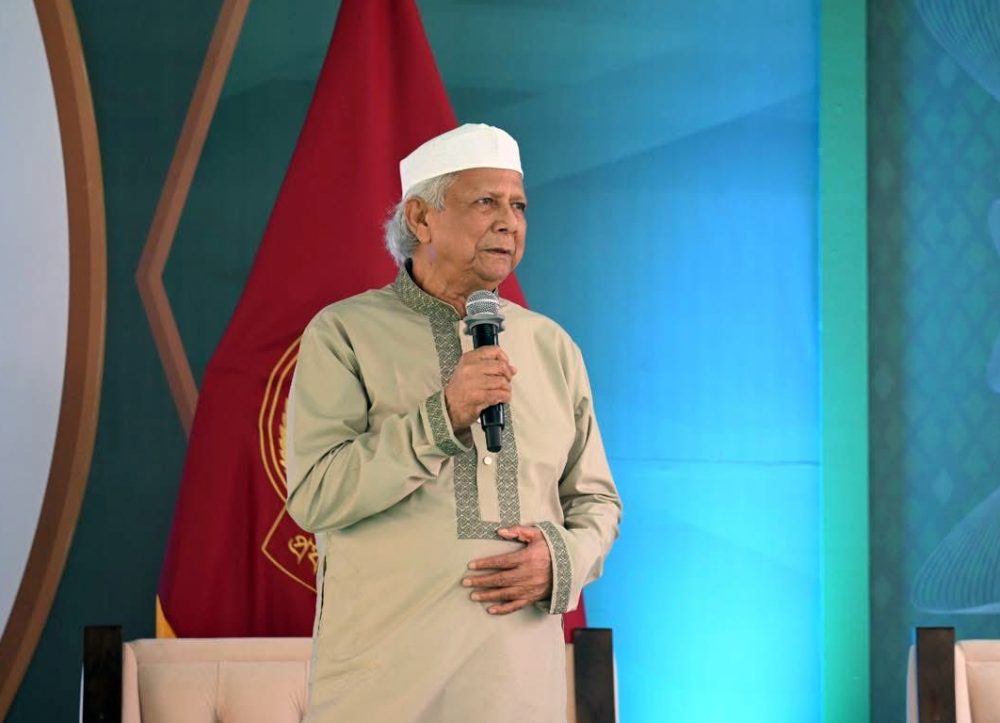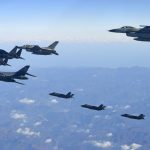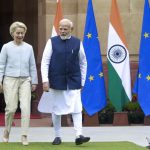South Korea’s Constitutional Court unanimously ruled on Friday to remove Yoon over the December 3 attempt to subvert civilian rule, triggering fresh elections to be held by June after months of political turmoil
Thousands protested in the South Korean capital Saturday in support of disgraced ex-president Yoon Suk Yeol, who was removed from office a day earlier over his bungled martial law declaration.
South Korea’s Constitutional Court unanimously ruled on Friday to remove Yoon over the December 3 attempt to subvert civilian rule, triggering fresh elections to be held by June after months of political turmoil.
A long wait for the court’s ruling had heightened tensions in the Asian nation, fueling far-right support for Yoon and weekly rival rallies in capital Seoul. His supporters took to the streets in the capital and braved the rain on Saturday, chanting “impeachment is invalid!” and “nullify the snap election!“
“The Constitutional Court’s decision destroyed our country’s free democracy,” said protester Yang Joo-young, 26. “Speaking as someone in my 20s or 30s, I’m deeply worried about the future.” Yoon had defended his martial law attempt as necessary to root out “anti-state forces” and what he claimed were threats from North Korea. But there were many scenes of jubilation in Seoul on Friday from those opposed to Yoon’s rule, with people hugging and crying after the ruling was delivered. Yet Yoon had found backing from extreme religious figures and right-wing YouTubers who experts say used misinformation to court support for the former star prosecutor.
“Yoon’s presidency has revealed the societal cracks based on political polarization and misinformation,” Minseon Ku, a postdoctoral fellow at William & Mary Global Research Institute said. The court ruled that Yoon’s actions in December had posed a “grave threat” to the country’s stability.
Opposition leader Lee Jae-myung is seen as the frontrunner in the next election, experts say, and his party has taken a more conciliatory approach toward North Korea. Some Yoon supporters were worried about the prospect of a Lee presidency. “I honestly believe South Korea is finished,” said pro-Yoon supporter Park Jong-hwan, 59. “It feels like we’ve already transitioned into a socialist, communist state.”
S. Korea set to inject $2 billion in emergency aid
The South Korean government plans to inject 3 trillion won ($2 billion) in emergency aid into the local car industry to cushion the blow from new 25 percent US tariffs, officials said on Sunday.
The new tariffs, enacted last week by U.S. President Donald Trump, are part of a broader protectionist push to reduce trade deficits and strengthen domestic manufacturing. South Korea is among the countries hit hardest, with its car exports to the United States accounting for nearly half of its total car sales overseas.
At a ministerial meeting scheduled for this week, the government will approve the emergency financing plan, which will be carried out through state-run lenders, such as the Korea Development Bank (KDB).
“The financial support will likely amount to around 3 trillion won, though the exact figure hasn’t been finalised,” said an official from the Ministry of Economy and Finance. “It will be disbursed through KDB’s existing loan programs.”
In addition, the KDB and other policy lenders will provide up to 248 trillion won this year in broader financial support to help businesses navigate worsening global conditions and restructure industrial sectors. The government has also confirmed plans to establish a 50 trillion-won strategic fund over the next five years to support the development of future mobility technologies in response to growing economic uncertainty following the start of Trump’s second term.
The Financial Services Commission will also meet with top executives from major commercial banks and state-run lenders on Monday, encouraging them to participate in the coordinated effort to support the struggling auto sector. Cars are South Korea’s top export item to the United States. In 2024, auto exports to the U.S. reached $34.7 billion, accounting for nearly half of all South Korean vehicle exports.
Analysts warn that the new tariffs will significantly impact the country’s economy by driving up the prices of Korean cars in the U.S. market.
A report published by the IBK Economic Research Institute estimated that South Korea’s car exports to the U.S. will decrease by 18.6 percent once Washington imposes 25 percent tariffs on car imports.


